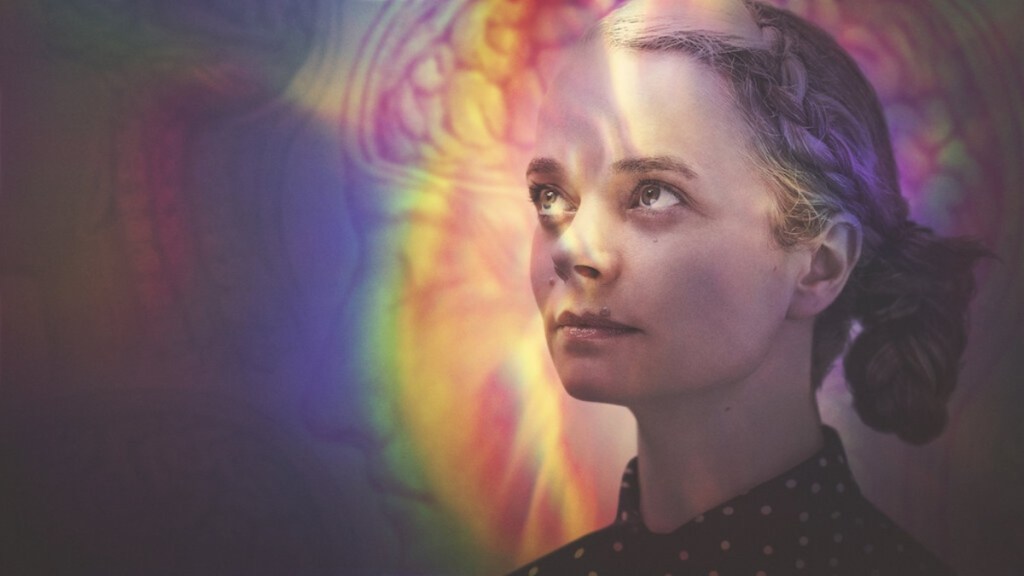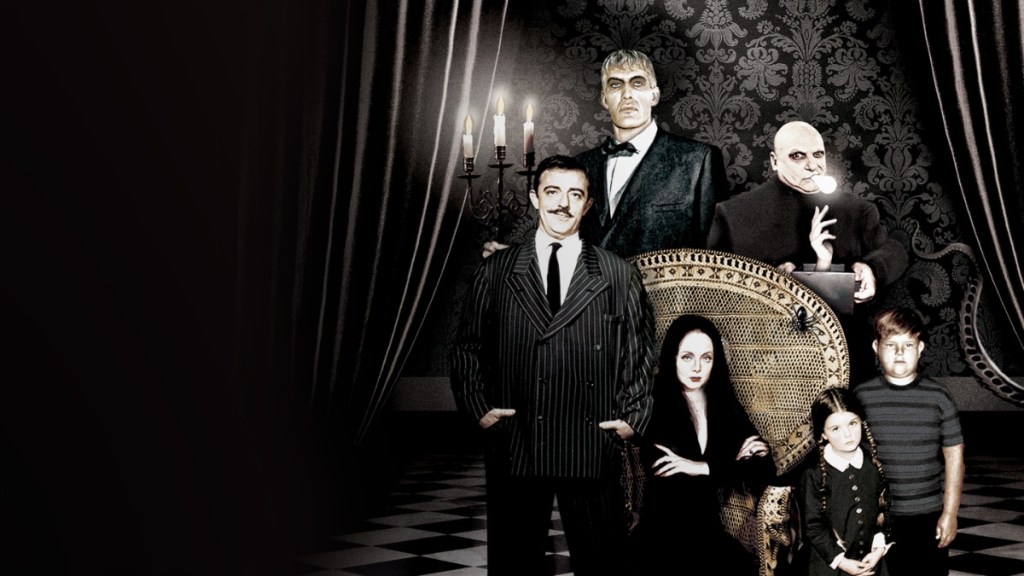Bohemian Rhapsody should have been the final nail in the music-biopic coffin––instead, its near-billion box-office gross ensured it became Hollywood’s go-to template for a movie in this mold. Going beyond merely emulating its Walk Hard-like adherence to over-simplifying the highs and lows of a career within a neat three-act structure, director Sam Taylor-Johnson’s Amy Winehouse biopic Back to Black goes one further in how it ghoulishly holds the singer accountable for many of the tragedies and misfortunes she suffered. Remember how the surviving band members of Queen came across as responsible family men as the long-departed Freddie Mercury was chastised for addiction issues? Matt Greenhalgh’s screenplay, his second for Taylor-Johnson after the John Lennon biopic Nowhere Boy, goes one further by obfuscating the full extent of the bad influences in her life that heightened her years-long battle with substance and alcohol abuse, depicting the singer as out-of-control entirely of her own volition.
It goes without saying that Asif Kapadia’s 2015 documentary Amy, which makes for intentionally queasy viewing, feels far less compromised, getting testimonies from Winehouse’s father Mitch and ne’er do well husband Blake Fielder-Civil that places them both in a far more critical light than they appear here. Back to Black isn’t the first music biopic to fudge the facts so a life story can be condensed into three acts, but in omitting crucial details––Winehouse’s heroin addiction, which Fielder-Civil has even admitted he was responsible for, doesn’t even appear in this story, whereas her abuse of other substances does––it paints the picture of an artist whose trauma was entirely self-inflicted, minimizing the external forces that led her there, which are all a matter of historical record.
Winehouse is played by Marisa Abela (of the HBO series Industry), a charismatic actor when personifying the singer off-stage and an embarrassing one when straining to mimic her vocal tics when on it. Assuming the audience is familiar with Winehouse’s career trajectory, the movie speeds past the writing and recording of her most famous numbers (although you do get the chance to point at the screen, Rick Dalton-style, as the singer and her father tell her manager she isn’t going to rehab) to instead focus on the personal relationships which inspired them. As a dramatic approach, there’s no fault in this; for a singer-songwriter whose music was so nakedly confessional, prioritizing this structure over outlining a clichéd rise-and-fall career trajectory is far truer to her spirit as a performer, inviting audiences to witness the personal devastations she made relatable and darkly hilarious through her lyrics. The problem is that the turbulent relationship that inspired her sophomore album is viewed through rose-tinted glasses minimizing the devastation it wound up causing, shifting the blame on the singer’s battle with addiction away from the well-documented bad influences who were by her side through it.
It’s not that the character of Blake, played by the ever-reliable Jack O’Connell, is depicted in a positive light; it’s text that he’s a bad influence and unreliable partner, but it’s also part of this film’s canon that the success of her second album is almost entirely down to him introducing her to the musical influences which shaped it. Mark Ronson, Back to Black‘s producer, is referenced but never seen––instead, the credit for her shift in direction within the drama goes to her on-off lover playing the Shangri-Las on a pub jukebox. Not content with just highlighting how he lyrically inspired many of the album’s rawest, lovelorn tracks, the film strips Winehouse of further creative agency by suggesting the superstar she became was all because of an emotionally abusive man’s creative intervention. More infuriatingly, the sequence in which Blake introduces Amy to the majesty of 1960s girl groups is the film’s clear stand-out, an extended meet-cute which makes its protagonist’s attraction to a walking red flag easily understandable, but due to O’Connell’s sheer charisma, the movie is caught under his spell against all better judgment.
Although the filmmakers say that Winehouse’s family didn’t interfere with the creative process, this watered-down interpretation of her troubles feels written with the intention of ruffling as few feathers as possible, pulling its punches when dramatizing the more harrowing moments in her life. This doesn’t stop the movie from amplifying new traumas from left-field, however, seemingly drawing influence from a single interview she gave early in her career about her desire to settle down and have children after turning 30. From the ashes of a throwaway comment about her future plans, Taylor-Johnson has fashioned a recurring motif where Amy experiences nothing short of a breakdown whenever she sees a child, so overpowering is her desire to be a mother. It doesn’t have regressive views on womanhood to quite the same extent as Andrew Dominik’s Blonde––another recent celebrity pseudo-biopic, which was coincidentally also scored by Nick Cave and Warren Ellis––but shares its commitment to sharply deviating from facts wherever possible if it means maximizing the hell its protagonist is enduring. Blonde was adapted from a work of fiction, of course, whereas Back to Black plays so fast and loose with the truth it might as well have been.
Back to Black is now in U.K. theaters and opens in the U.S. on May 17.
The post Back to Black Review: Amy Winehouse Biopic is a Ghoulish Interpretation of the Late Singer’s Troubles first appeared on The Film Stage.





